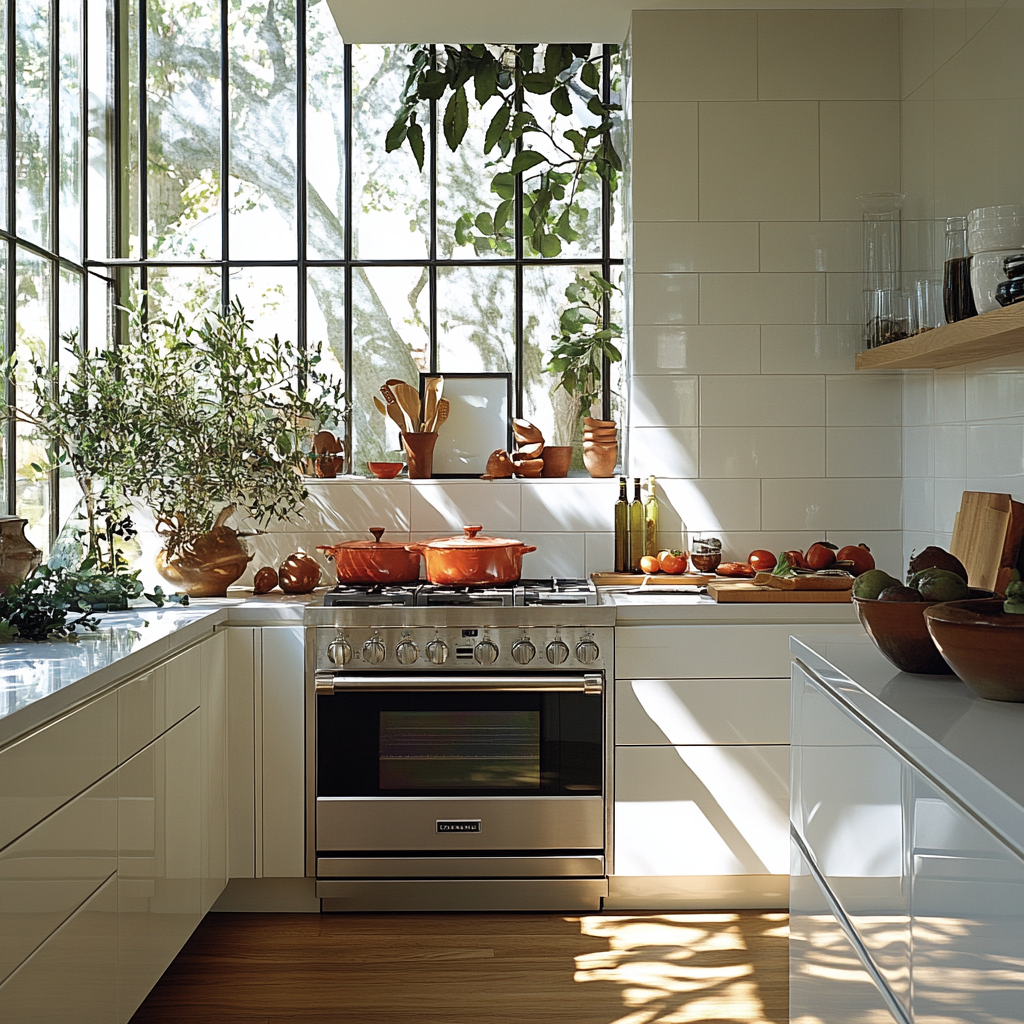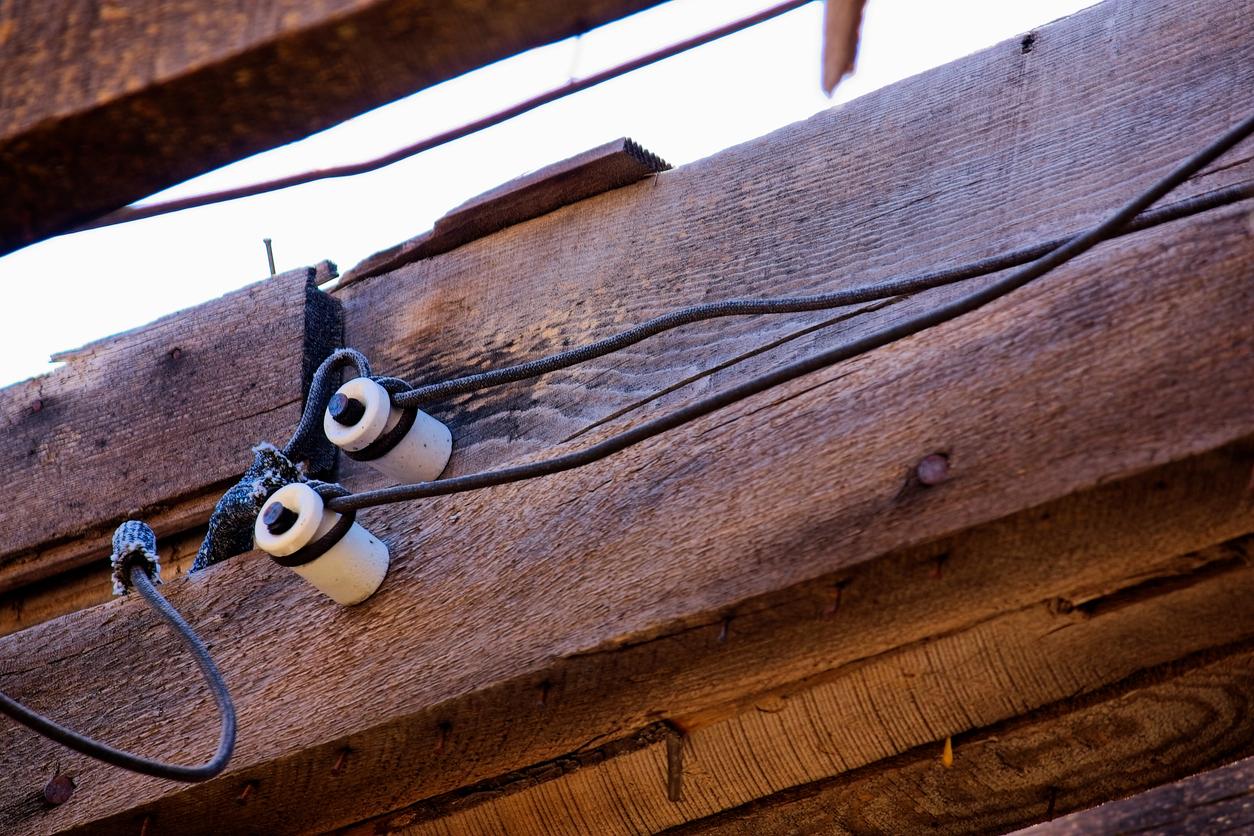Maximizing Solar Panel Efficiency: Tips and Tricks for Homeowners
Investing in solar panels is a smart move for homeowners looking to reduce their carbon footprint, save money on energy bills, and increase their home’s value.
However, to fully reap these benefits, it’s crucial to make sure that your solar panels are operating at their maximum efficiency.
Let’s take a closer look at some practical tips and tricks to help you make the most out of your solar energy system.
Why Efficiency Matters
Efficiency in solar panels refers to the amount of sunlight that is converted into usable electricity. The higher the efficiency, the more energy you can produce from the same amount of sunlight. Efficient solar panels mean more savings and a quicker return on investment.
When planning your solar panel installation, consulting with professional solar installers can help you make informed decisions that maximize your energy production.
Key Factors Affecting Solar Panel Efficiency
Several factors influence the efficiency of your solar panels. Understanding these can help you tweak your setup for better performance.
Panel Orientation
Your solar panels should face the equator to capture the most sunlight. In the northern hemisphere, that means orienting the panels to the south.
The tilt angle of solar panels should be adjusted according to your latitude to take full advantage of sunlight. Generally, the angle should be equal to your latitude. However, adjustable mounts can help optimize the angle seasonally.
Shading
Ensure no objects like trees, buildings, or chimneys cast shadows on your panels. Even partial shading can significantly reduce output.
It’s also a good idea to invest in micro-inverters and power optimizers. Such devices can mitigate the effects of partial shading by optimizing the performance of each panel individually.
Maintenance
Regular cleaning is a must with solar panels. Dirt, dust, and bird droppings can block sunlight. Clean your panels at least twice a year or more frequently if you live in a dusty area.
At the same time, don’t forget to check for panel damage. Inspect your collectors and the surrounding hardware regularly for signs of wear and tear. Promptly fix any issues to prevent efficiency loss.
Temperature and Climate
With solar panels, cooler is generally better. Contrary to popular belief, solar panels perform better at lower temperatures. High heat can reduce efficiency by causing electrical resistance.
If you live in a hot climate, consider installing solar panels with cooling solutions like heat sinks or fans or use a ground-mounted system to allow better airflow.
Extra Tips and Tricks to Boost Efficiency
Understanding and taking advantage of the key efficiency factors isn’t the only way to increase your solar panel system’s performance.
From strategic placement to advanced technologies, here are some additional tips and tricks to help you get the most out of your solar installation.
Invest in Energy Storage
Consider installing energy storage solutions such as batteries to maximize the gains from your solar panels. They keep excess energy generated during the day for use at night or during cloudy periods.
- Lithium-ion batteries are a popular choice due to their high efficiency and longer lifespan.
- Some battery systems can be integrated with smart home technology, allowing you to monitor and manage energy usage easily.
Energy storage also provides a reliable backup during power outages, giving you peace of mind and energy independence.
Get Quality Inverters
The type of inverter you use can significantly impact the output of your solar energy system. Inverters convert the direct current (DC) produced by solar panels into alternating current (AC) used in homes.
- Choose inverters with more than 95% efficiency.
- Consider using micro-inverters, which are installed on each panel to optimize individual performance, as opposed to a single central inverter.
Micro-inverters can be especially beneficial for systems where shading issues are unavoidable, ensuring that one shaded panel doesn’t affect the overall system’s output.
Get the Right Solar Panel Type
Before you invest in solar panels, decide on the type of device you want to use. We can distinguish three types of solar collectors: monocrystalline, polycrystalline, and thin-film solar panels.
- Monocrystalline panels are the most efficient and have the longest lifespan, making them a worthwhile investment despite their higher cost.
- Polycrystalline panels are slightly less efficient but are more budget-friendly.
- Thin-film panels are the least efficient and best for small spaces or portable applications.
Make Seasonal Adjustments
Solar panel systems perform at different efficiencies depending on the season. Understanding and planning for these variations can help maintain a consistent energy output.
- Monitor your energy consumption and production monthly or seasonally to identify patterns or inconsistencies.
- Adjust the tilt of your panels seasonally if your mounting system allows it. This is particularly useful in areas with distinct seasonal variations in sunlight.
Regularly consulting with your solar provider for seasonal maintenance tips can also ensure that your system is always running at its best.
Conclusion
Maximizing solar panel efficiency involves a combination of optimal installation practices, regular maintenance, and smart energy management.
From proper orientation and minimizing shading to investing in high-quality components and utilizing modern technology, each step plays a crucial role in ensuring your solar system performs at its best.
Consulting with professionals can provide you with personalized recommendations and installation plans tailored to your unique circumstances, maximizing both your energy production and savings.
So why wait? Harness the power of the sun and enjoy a greener, more cost-effective energy source!







